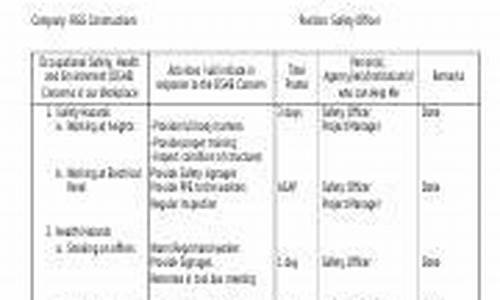Healthy Recipes You Must Know: Five Tips to Know
Eating healthy is essential for maintaining good health, but it can be difficult to know where to start. If you are looking to improve your diet, understanding the basics of healthy recipes is the first step. This article will provide five key tips to help you create delicious and nutritious meals. Whether you are a beginner or an experienced cook, these tips will guide you in the right direction towards preparing meals that are both good for your body and your taste buds.
1. Focus on Whole Foods
The foundation of healthy recipes lies in whole foods. Choose fresh fruits, vegetables, whole grains, and lean proteins. These foods are packed with nutrients and antioxidants that support overall health. Avoid processed foods as they are often high in unhealthy fats, sugars, and sodium. Incorporating a variety of colorful fruits and vegetables in your meals will ensure that you are getting a broad range of vitamins and minerals.
2. Balance Your Macronutrients
For a well-rounded meal, it’s important to balance macronutrients: protein, fats, and carbohydrates. Each plays a crucial role in maintaining energy levels and promoting healthy body function. Include lean proteins like chicken, fish, or legumes, healthy fats such as avocados or nuts, and whole grains like quinoa or brown rice. This balance will help stabilize blood sugar levels and prevent overeating.
3. Plan Your Meals
Planning your meals ahead of time is one of the most effective ways to stick to a healthy eating routine. By prepping your meals, you can avoid last-minute unhealthy food choices. Create a weekly meal plan that includes breakfast, lunch, dinner, and snacks. This will also help you save time and reduce food waste, while ensuring that every meal is nutritious and satisfying.
4. Use Healthy Cooking Methods


The way you cook your food plays a significant role in its health benefits. Instead of frying, opt for healthier methods such as steaming, grilling, roasting, or sautéing. These methods preserve the nutrients in your food and reduce the need for added oils or fats. When cooking vegetables, for instance, steaming them will keep them vibrant and nutrient-dense.


5. Be Mindful of Portions
Even when eating healthy foods, portion control is important. Eating too much of any food, no matter how healthy, can lead to overconsumption of calories. Use smaller plates, measure ingredients, and listen to your body’s hunger cues. Practicing mindful eating will help you enjoy your meals and prevent overeating.
Conclusion
Incorporating these five tips into your daily routine will help you create delicious and nutritious meals. By focusing on whole foods, balancing macronutrients, planning meals, using healthy cooking methods, and practicing portion control, you’ll be on your way to living a healthier lifestyle. Start small and gradually make these changes in your cooking habits for long-term success.